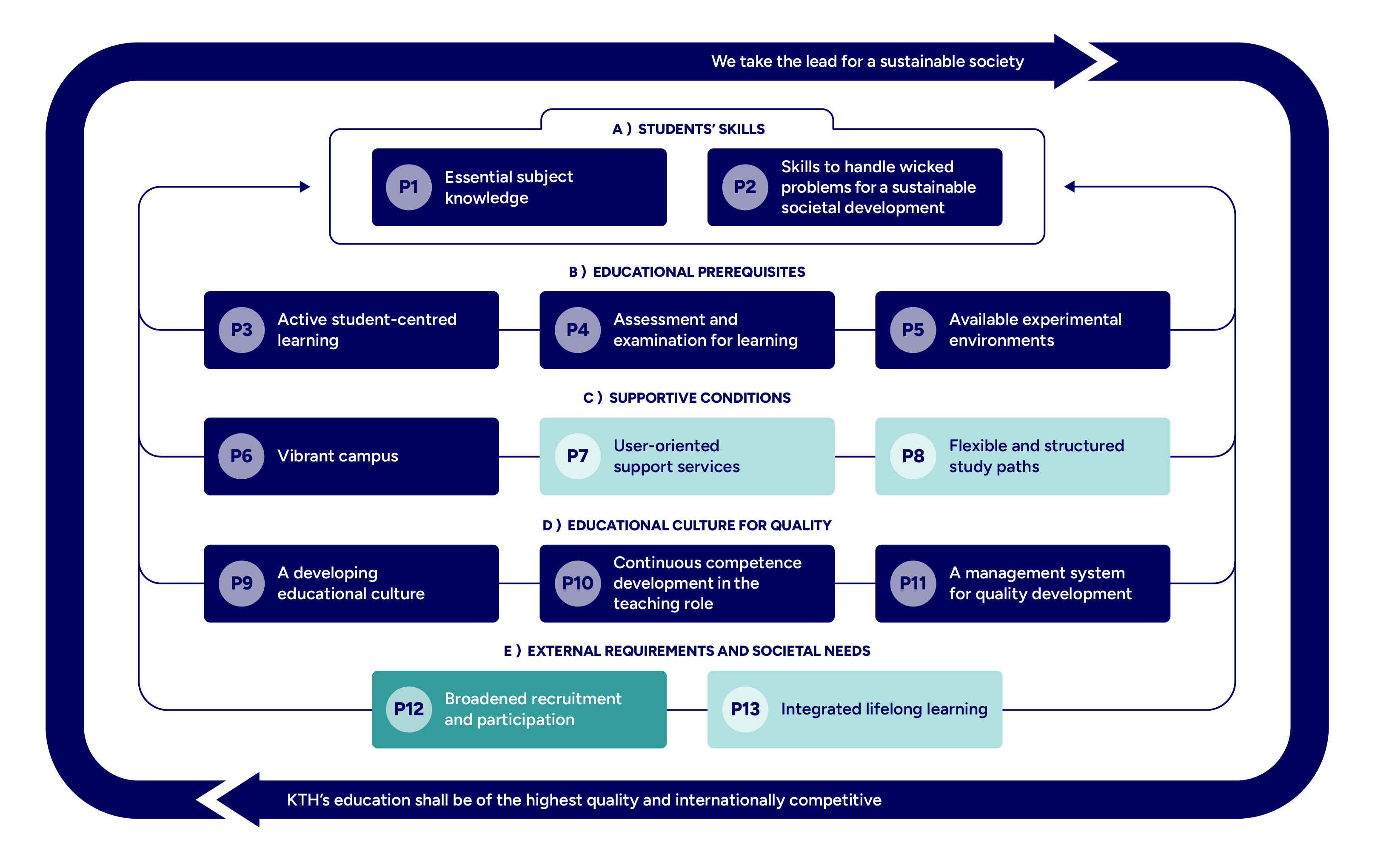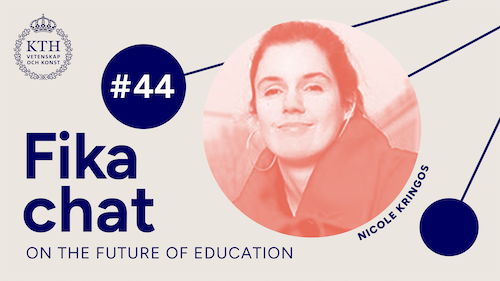Learning centres – broadened recruitment and lifelong learning system demonstrator
This KTH-wide pilot project involves exploring what is needed to scale up collaboration with municipal learning centres. By developing flexible, locally accessible education pathways, KTH can support upskilling for professionals and help counteract regional brain drain.

Project context
Today, KTH still predominantly attracts students from academically oriented homes in its immediate surroundings, and our current offering for professionals makes it difficult to combine further studies with full-time work. We therefore need to explore how to complement our structures so that we can address these issues. A theoretical study will not do, but a pilot project needs to be implemented in cooperation with local industry and municipalities.
What is a Nitus municipal learning centre? (Swedish, nitus.se)
Purpose (outcome)
The purpose of the pilot is for KTH to assume greater regional responsibility by strengthening KTH’s efforts in widening participation and lifelong learning through new forms of collaboration. The effect target is that KTH has a system demonstrator with lessons learnt regarding the required structural changes for:
- a potential scale-up of KTH’s cooperation with municipal learning centres
- broadened recruitment at every level of KTH’s educational portfolio (Technical Foundation Year, Bachelor- and Master of Science in Engineering courses, and contract education)
- opportunities for continuing education to professionals locally—i.e., in the municipalities where they live or work— to avoid contributing to the regional brain drain.

Project results (output)
A pilot-tested recommendation for how KTH could scale up collaboration with learning centres, by:
- using local infrastructures (e.g. laboratories) at local businesses for internships and the hands-on part of digital KTH courses offered at a learning centre (pilot implementation see next two points).
- offering teaching the Engineering Preparatory Year locally, to enable technical education in parallel with a job and without a brain drain to the big city. Implemented as a pilot at a selection of municipal learning centres.
- bringing together students from different learning centres to a digital KTH course, with possible campus visits in Stockholm. Implemented as a pilot at a selection of municipal learning centres. The selection of courses is determined in cooperation with the respective learning centre (as it must be based on local interest and relevant industry in the municipality).
Time plan
Startdatum: 2024-01-15
Slutdatum: 2026-10-31
Project documentation
If you have a KTH ID, you can read the latest project documents on OneDrive when logged in:
- Poster: Poster_FrU25_2409-KTH_Lärcentrum_250520.pdf (English)
- Project initiation document: Projektdirektiv_FrU24_2409-KTH_Lärcentrum_241104.pdf (Swedish)
